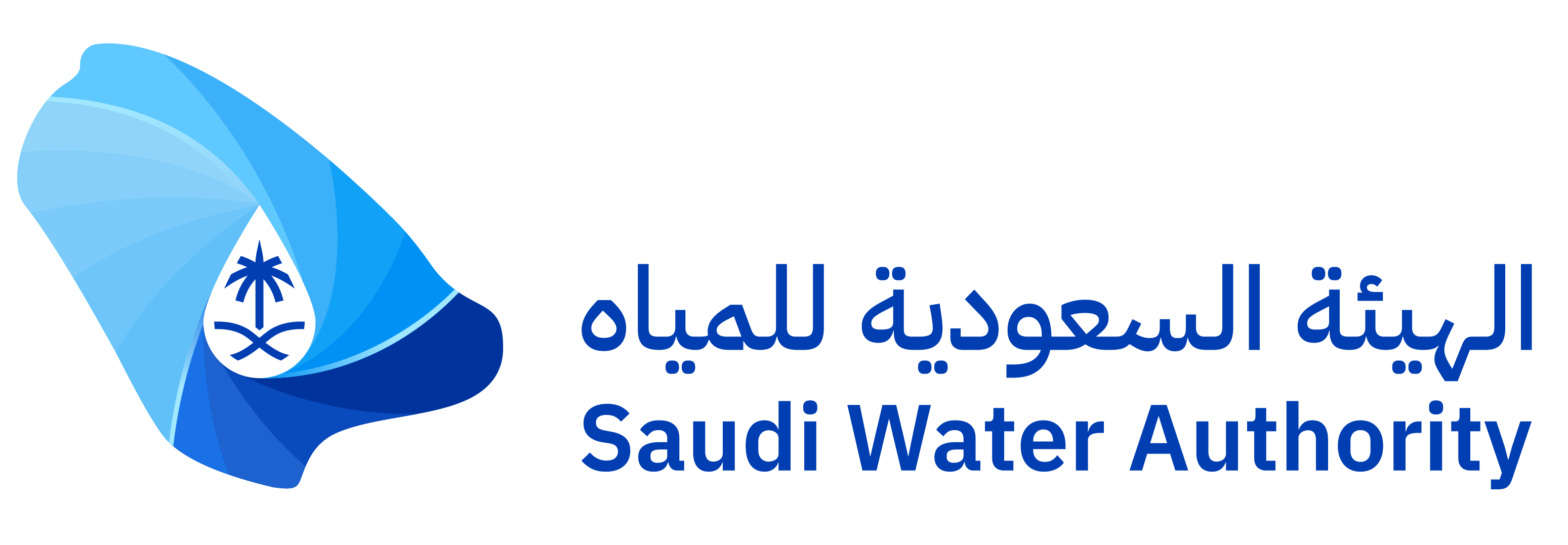SWCC signs agreements on Sideline of the International Mining Conference

On the sidelines of the third edition of the International Mining Conference held in Riyadh, the Saline Water Conversion Corporation signed several agreements and memorandums of understanding with local and global companies and academic institutions in order to enhance research and innovation, develop investment opportunities in the field of brine mining, and maximizing the benefit from valuable minerals and salts. This, in turn, contributes to improving the quality of life, supporting local content, and enhancing the circular economy sector that is considered to be the most prominent objective of the Saudi Vision 2030 to preserve water and environmental security and achieve sustainable growth.
SWCC has entered into joint agreements with specialized international and national companies, including the JSG Alliance, Ningxia TB and the Saudi Investment Recycling Company (SRIC), aiming at advancing cooperation efforts and joint development of investment opportunities, enhancing local content and empowering national industries, in addition to maximizing the use of brine water and additional quantities of water and valuable minerals supporting the manufacturing chain and enhancing ways to benefit from growth opportunities in end-use markets.
Additionally, SWCC signed a research cooperation agreement with King Abdulaziz University. The agreement aims to recover valuable salts from saline water, develop an advanced hybrid process for extracting these waters and salts from seawater solutions. Another research cooperation agreement is signed to enhance control of biological pollution in desalination through reverse osmosis (RO), by creating micro-polyvinylidene fluoride membranes, electrically spun and specially modified to contain phthalocyanine.
Furthermore, a third research cooperation agreement was signed between SWCC and King Abdulaziz University to examine the phenomenon of harmful algae bloom, known as the “red tide.” The parties agreed to choose the sibling system as a model for the study, an applied case to test and experiment the solutions that either hinder or prevent this phenomenon. It aims to propose the most effective means to prevent its impact on production systems, gain a better understanding of the causes of this phenomenon, and find ways to address it.
In the area of enhancing the efficiency of nanofiltration of polyamide membranes, a research cooperation agreement was signed with Umm Al-Qura University, with the aim of enhancing the efficiency of nanofiltration of polyamide membranes using chemically modified Chitosan after extraction from marine crustacean waste. In addition, another research cooperation agreement was signed with the University to develop membrane distillation driven by solar energy for reverse osmosis brine treatment.

